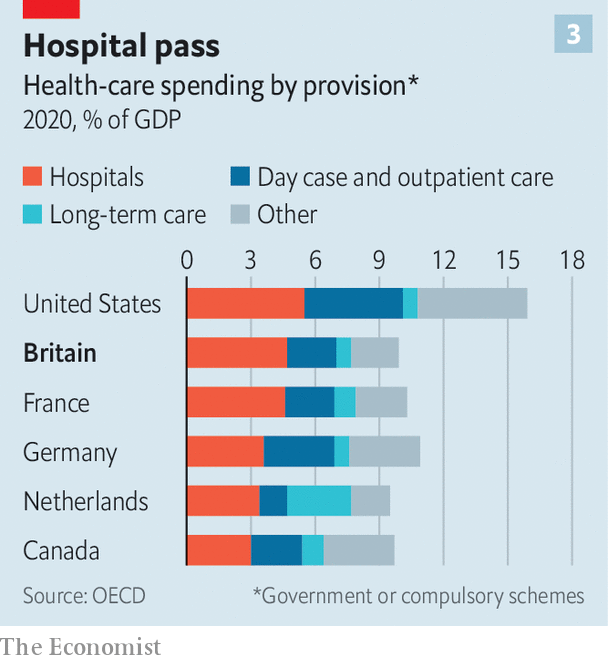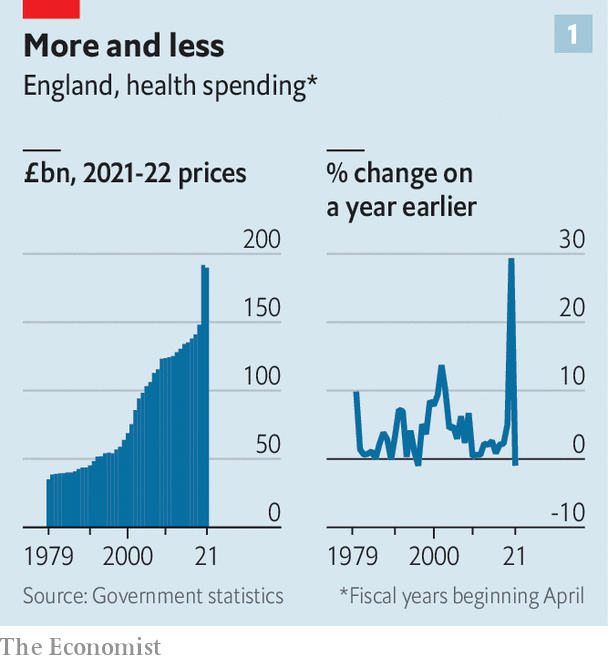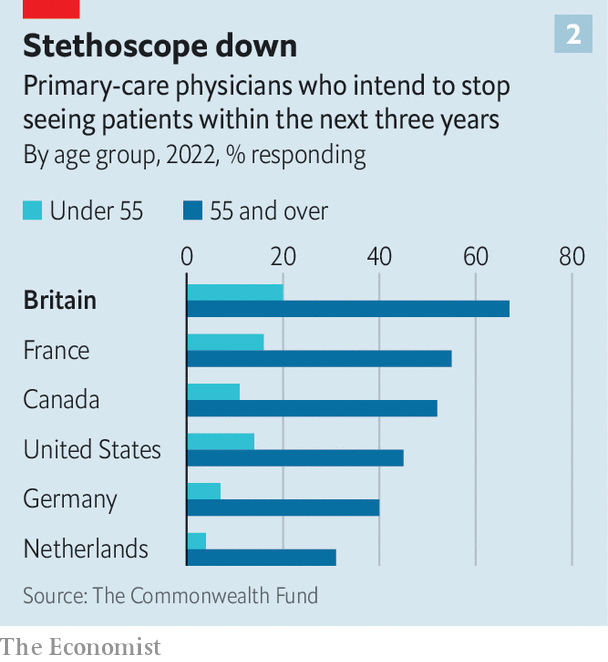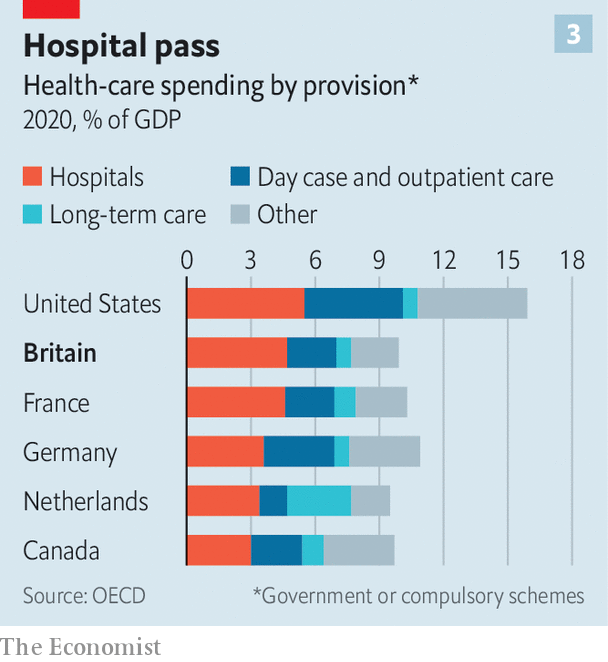Community care is the route to better care
Health N Tech
transformation institute
Joaquim Cardoso MSc
Chief Research and Strategy Officer (CRSO),
Chief Editor and Senior Advisor
May 29, 2023
Adapted from the article “To survive, Britain’s NHS must stop fixating on hospital care”, published by “The Economist”, on May 25th, 2023
EXECUTIVE SUMMARY

The National Health Service (NHS) in Britain, despite its core principles and public support, is facing significant challenges that require urgent attention.
The NHS is struggling with overcrowded hospitals, long waiting lists, and a high vacancy rate for healthcare professionals.
Additionally, the country’s health outcomes lag behind those of other developed nations, with poor survival rates for diseases like cancer and subpar outcomes for heart attacks and strokes.
Life expectancy in Britain also falls behind most other rich countries.
While increasing funding for the NHS is necessary, it alone cannot solve the system’s problems.
The NHS already receives a substantial budget, and simply pouring more money into it is not sufficient.
Comparisons with other countries show that Britain invests the least capital per person in healthcare.
The underfunding has resulted in a decline in productivity, real-terms pay cuts for healthcare workers, and a shortage of resources in crucial areas like general practice.
Calls for root-and-branch reform have emerged, with proposals ranging from introducing co-payments for certain services to transitioning to a social-insurance model.
However, international evidence suggests that funding models have limited correlation with health outcomes, and all healthcare systems face their own challenges.
The focus of reform should be a shift away from the hospital-centric approach that currently dominates the NHS.
Hospitals account for a disproportionately high share of healthcare spending, while primary and community services receive inadequate funding.
This imbalance fails to address the growing prevalence of long-term conditions and chronic diseases, which are better managed through primary care.
Additionally, hospitals often incentivize unnecessary treatments and fail to collaborate effectively with other parts of the healthcare system.

To address these issues, two key strategies are recommended.
First, the creation of Integrated Care Systems (ICSs) offers a promising approach to improve coordination and shift towards more patient-centered care.
ICSs bring together NHS bodies, local authorities, and charities to plan and deliver healthcare services in a more joined-up manner.
These systems prioritize longer-term goals, such as reducing health inequality, and enable better management of population health outcomes.
The success of ICSs can be further enhanced by introducing incentives tied to improving health outcomes and allowing them to reinvest the resulting savings.
Second, embracing technology can drive greater productivity and personalized care within the NHS.
The implementation of virtual wards, remote monitoring, and data platforms can enhance efficiency and improve patient experiences.
The NHS’s vast repository of health data presents an opportunity to leverage genomic sequencing, personalized health advice apps, and individual patient records for more targeted screening and better care management.
While the NHS faces numerous challenges, addressing the issues through community care, decentralization, and technological advancements offers the best path to deliver better healthcare outcomes.
It requires a shift in culture, improved staff retention, and a reduction in political interference.
By embracing these changes, the NHS can regain public trust and ensure its long-term sustainability as a cherished institution in Britain.
By embracing these changes, the NHS can regain public trust and ensure its long-term sustainability as a cherished institution in Britain.
Selected Images:



Original version published at https://www.economist.com on May 25, 2023.











